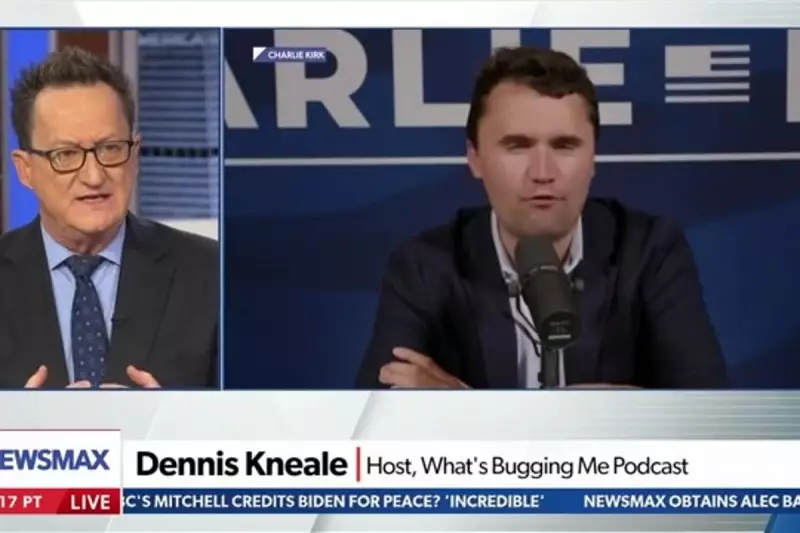
In a dramatic turn of events that's ignited transatlantic debate, prominent American conservative commentator Charlie Kirk was refused entry to the United Kingdom just hours before his scheduled appearance on Newsmax.
The founder of Turning Point USA was reportedly turned away by UK border authorities, preventing him from participating in what would have been a significant media engagement. The incident has immediately sparked fierce discussion about the boundaries of free speech and the government's authority to control who enters the country.
Border Intervention Halts Media Appearance
Kirk, a vocal figure in American conservative circles, was poised to bring his perspectives to British television viewers through Newsmax's international platform. His denied entry raises immediate questions about whether political views played a role in the border decision.
While specific reasons for the refusal haven't been formally disclosed by the Home Office, the timing suggests a deliberate intervention that prevented Kirk from exercising what his supporters argue is his right to free expression on British soil.
Free Speech Versus Border Security
The incident touches on the delicate balance between protecting free speech rights and maintaining national security protocols. Supporters of Kirk argue that barring a media personality sets a dangerous precedent for political censorship.
Meanwhile, those supporting the government's decision point to the sovereign right of any nation to control entry based on various considerations, including potential impact on community cohesion or public safety.
Broader Implications for Political Discourse
This isn't the first time controversial foreign speakers have faced entry barriers to the UK, but Kirk's high profile and media platform give the situation particular significance. The decision inevitably prompts examination of whether similar actions might be taken against commentators across the political spectrum.
As debates about free speech intensify globally, this incident serves as a concrete example of how abstract principles translate into real-world border control decisions with meaningful consequences for political discourse and international media exchange.





